As a mother of relatively young children, I am often told “small kids, small problems…big kids, big problems.” I happen to find this adage incredibly invalidating, and, I imagine that the people who have said this would include “peer pressure” on their shortlists entitled “why it is challenging to parent adolescents.” Here’s the thing, though: peer pressure does not discriminate against younger age groups (sadly). Perhaps the stakes in child-led peer pressure scenarios seem more “benign” when compared to teenage scenarios (e.g., pushing someone on the playground vs. trying marijuana), but the threats associated with peer pressure remain constant throughout the lifespan. What this means is that it is never too early to start preparing our children for an experience they are unlikely to avoid as they move through the world.
At any age, peer pressure can be a powerful influence that shapes a person’s ways of thinking, feeling, and behaving. Thankfully, positive parenting strategies offer promising tips re: how to equip our children (and ourselves) with the skills and confidence required to effectively navigate these situations.
TIPS to help you, and your kids, navigate peer pressure:
- Establish an Open-Door Communication Policy: many of the children and adolescents who are most susceptible to peer pressure are the ones who do not feel they have anyone to talk to about their position. Try to foster a relationship with your child that involves frequent check-ins about their friendships, relationships, and experiences. Try to listen actively, express empathy, and ask questions if you need clarification on something to ensure you are understanding them accurately. As challenging as it may be, do your best not to be judgmental in these conversations. Oftentimes, our children just need someone to listen so they are not alone with whatever it is they are experiencing. If we are always offering our opinions, they may be hesitant to bring up the tougher subjects for fear of disappointing you with the pickle they’ve found themselves in…
- Build Confidence: working to boost our kids’ confidence is among the most crucial gifts we can give them. We may achieve this by encouraging/facilitating activities/hobbies/relationships that they enjoy/excel at/grow from. It is also important to praise their efforts from a “growth” mindset as opposed to a “fixed” mindset (e.g., try to emphasize process over product). It is also confidence boosting for our children to know we appreciate what makes them unique individuals.
- Teach Assertiveness: help your child understand the importance of assertiveness (and why it is different from aggressiveness). Talk to them about challenging situations they might face at varying life stages, and engage in role plays in order to give them a chance to practice saying “no” out loud, (e.g., “I don’t feel comfortable with that.”)
- Help them Clarify their Values: Encourage children to articulate what is important to them, and teach them that when they are trying to make a difficult decision, they can always turn to their values for guidance. They can learn to ask themselves, “Will making this choice align with my values?” or, “Will making this choice set me up for long-term success, or short-term ease?” Remind them that everyone’s values are different, which might help them make sense of the conflict that arises when they have different inclinations than their friends.
- Model Independent Thinking: When given the opportunity, try to set an example of what it looks like to stay true to your own values and make your own independent decisions. Modeling assertiveness can be incredibly effective as well.
- Teach/Promote Emotion Regulation Skills: Help your child cope with stress and anxiety in healthy, productive ways (e.g., talking to a friend, taking a bath, or going for a walk around the block). When they have the tools to manage their emotions in extreme circumstances, they will be more capable of thinking clearly and calmly when faced with peer pressure.
- Get your Own Support: Oftentimes, issues such as peer pressure can bring up unexpected challenges for parents both in terms of their roles as parents and their also in the context of their own individual experiences - past and present. If needed, try reaching out to a community of like-minded peers and/or enlist the support of a professional therapist to help you through these struggles.
We cannot shield our children from peer pressure (nor should we strive to), but we can teach them what it is and prepare them to make choices they are proud of in those difficult moments. Ways to positively reinforce your child in terms of their growing resiliency to peer pressure might include verbal praise (e.g., “I am so glad you talked to me about this, I am always here for you”) or, of course, utilization of your Goodtimer (e.g., by setting up a rewards incentive around their ability to access emotion regulation skills in moments or stress and/or how effectively they showcase assertiveness skills in your role plays).
If your kid gives into peer pressure, so long as their safety is not at risk, try to take it in stride and contextualize it as a “bump in the road.” Then, get back to skill-building. Remember: if they are telling you about the moments they are not proud of, you are doing something incredibly right. Good luck!
Watch the Video:



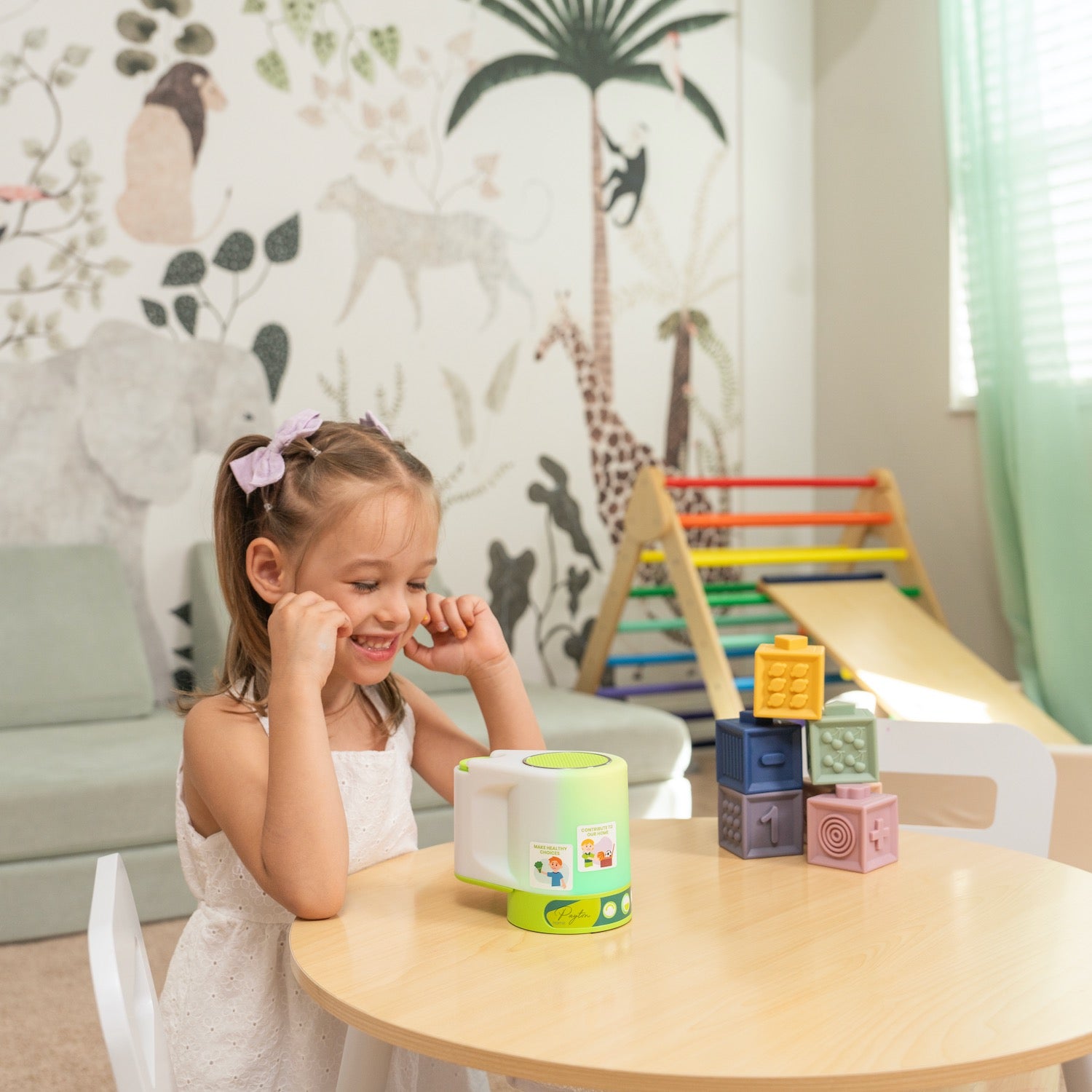
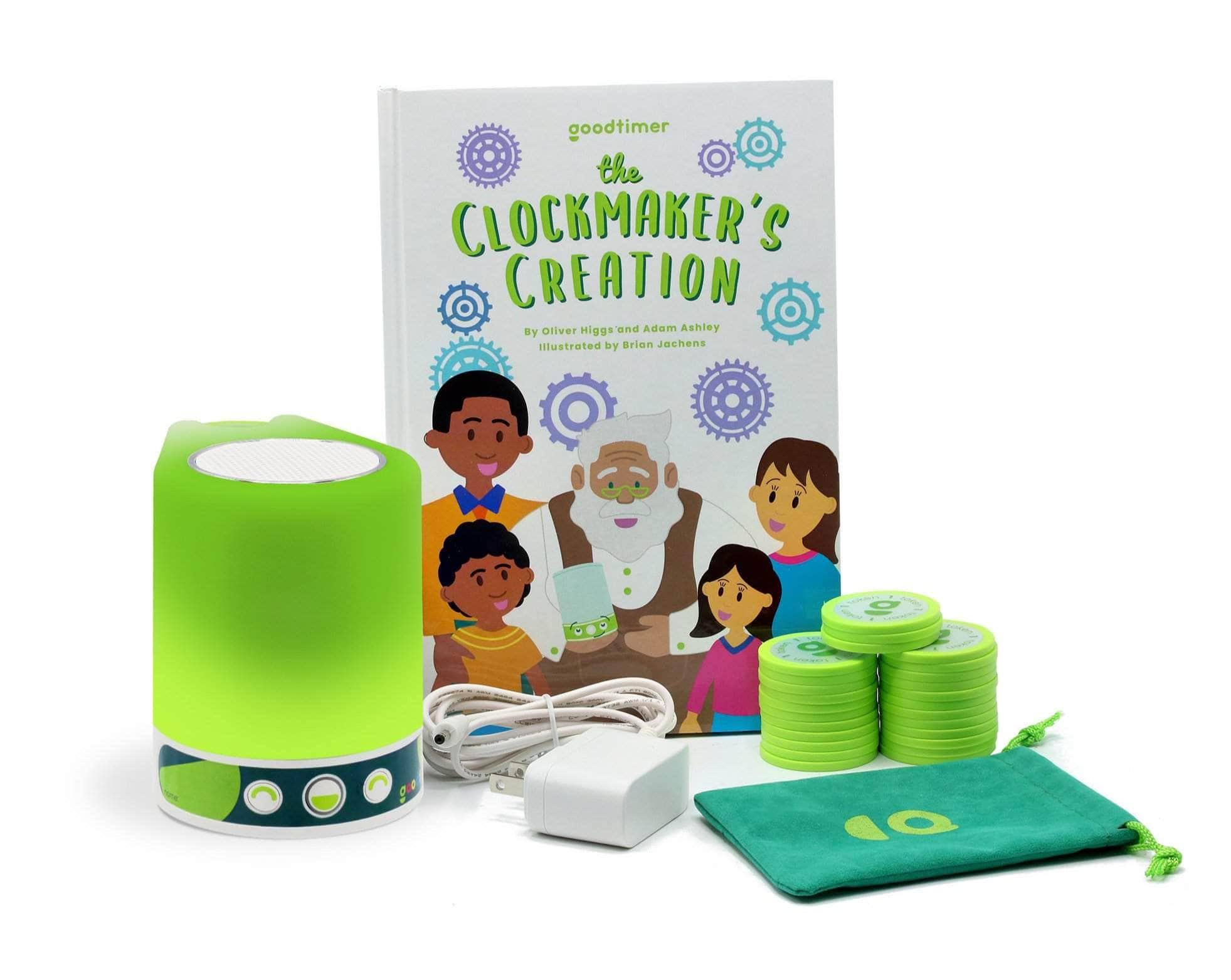
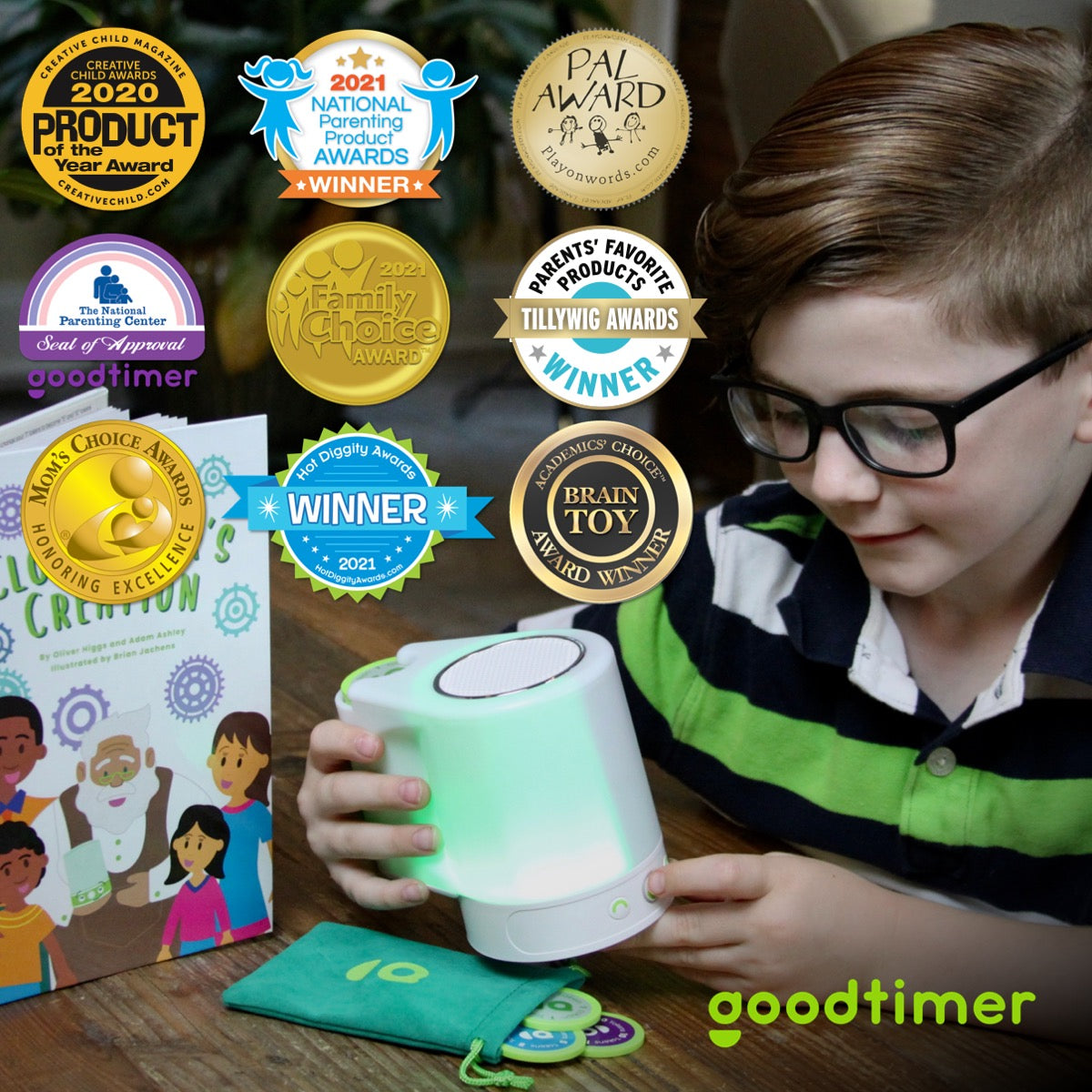
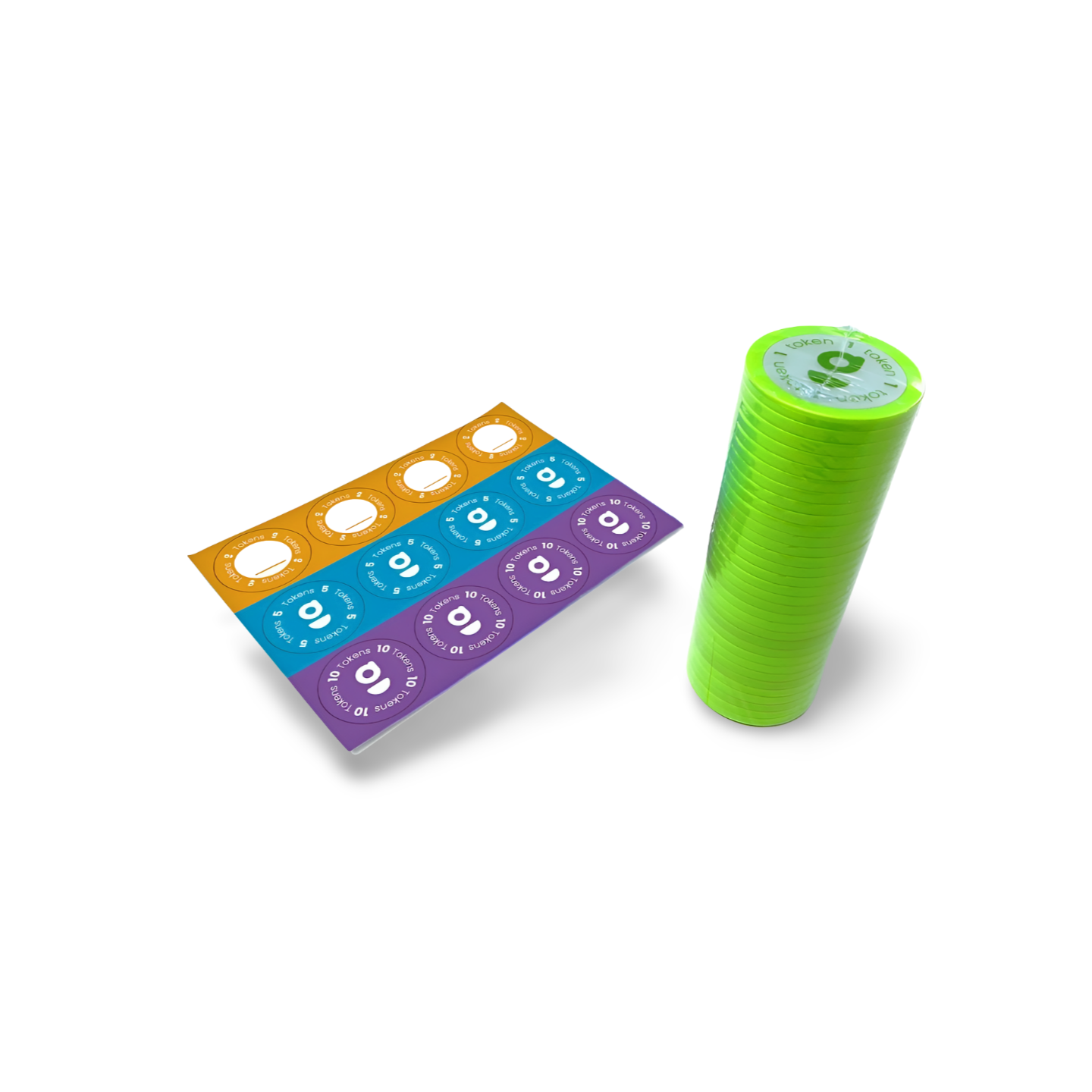
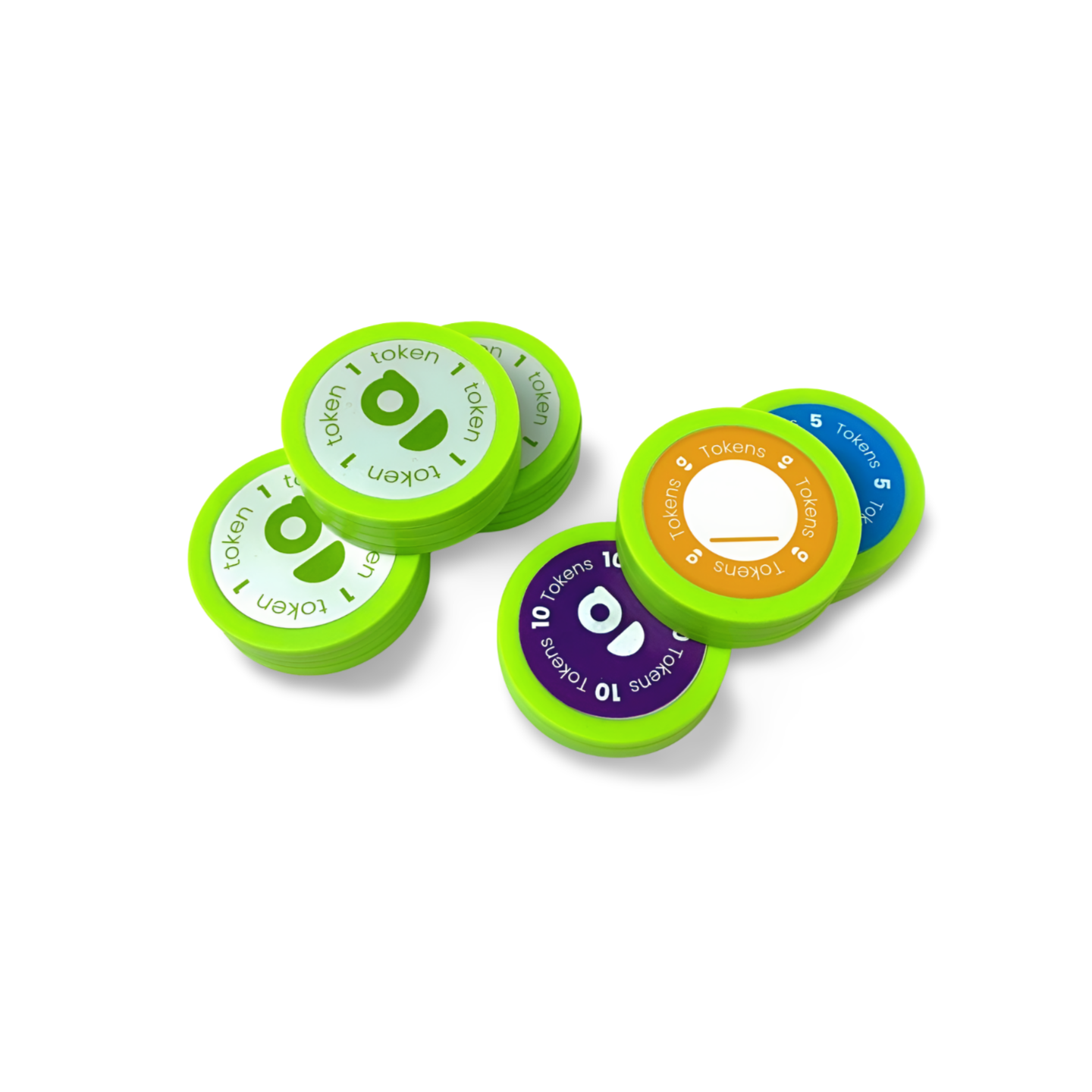

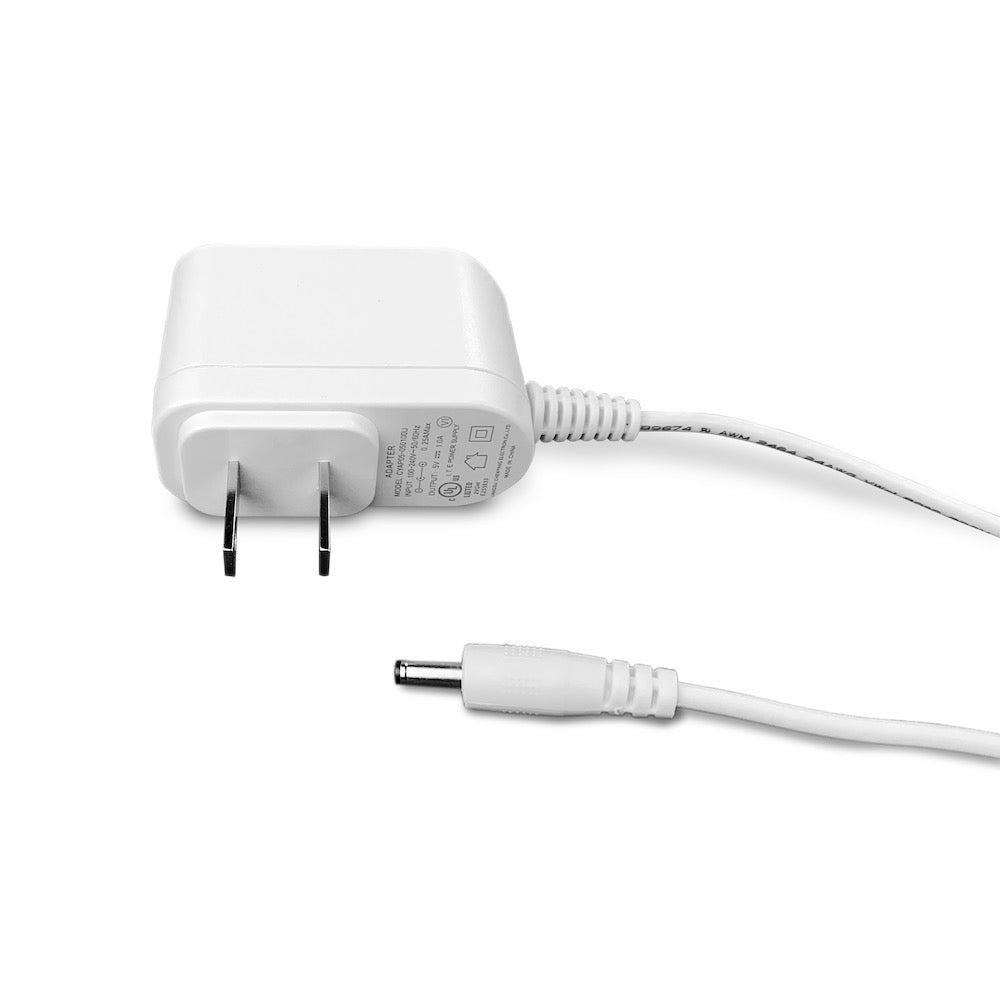
Leave a comment